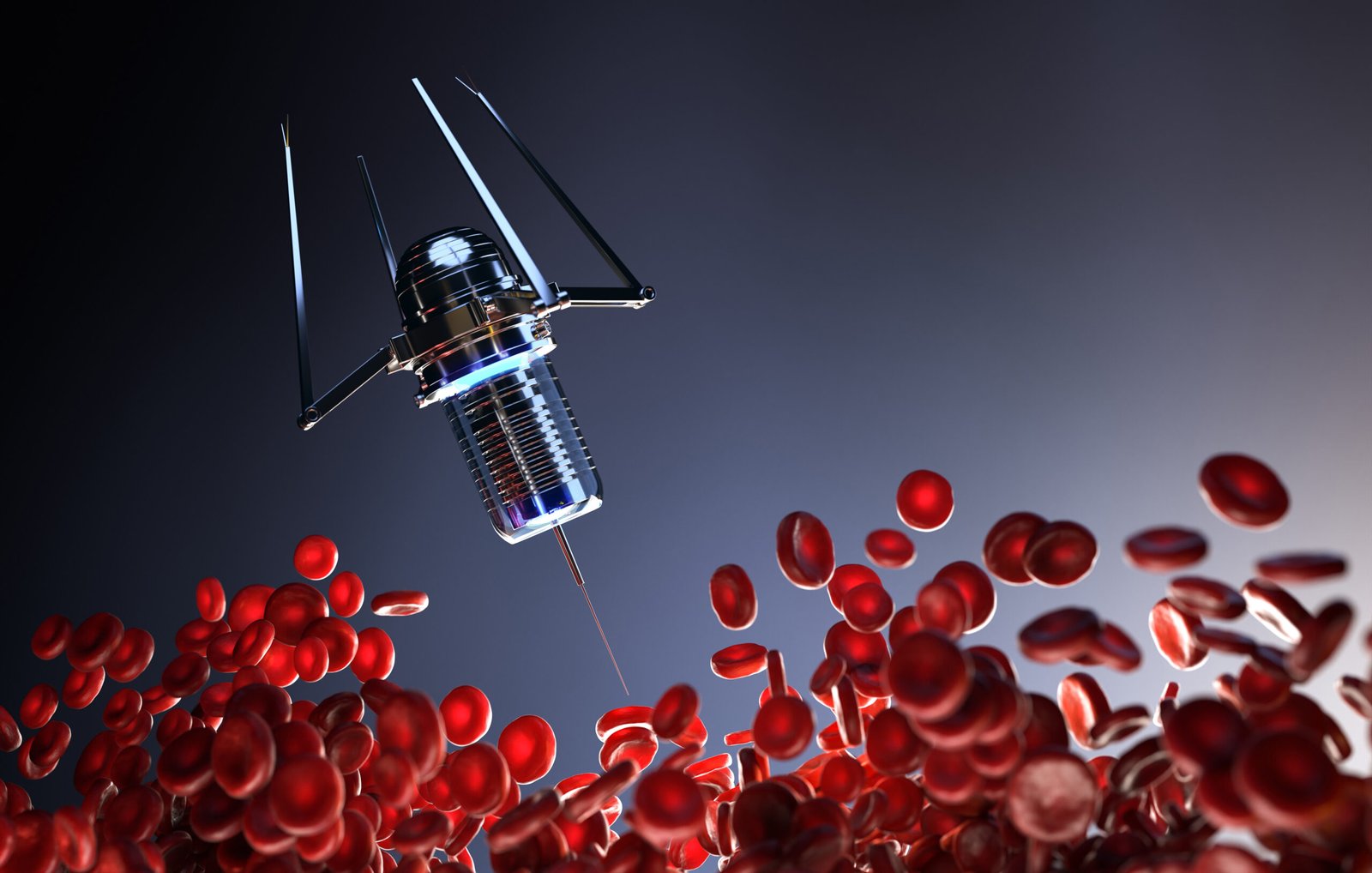Chronic Lymphocytic Leukemia (CLL): A Hematologist’s Guide to Understanding and Managing this Blood Disorder
Chronic Lymphocytic Leukemia (CLL) is a slowly progressing type of blood cancer that affects the white blood cells, specifically the lymphocytes. As a hematologist, I am dedicated to providing comprehensive insights into this condition, including its causes, symptoms, diagnosis, treatment options, and the importance of ongoing management.
Understanding CLL
CLL primarily affects B-lymphocytes, a type of white blood cell crucial for the immune system’s functioning. In CLL, these cells accumulate in the blood and bone marrow, crowding out healthy cells. This gradual accumulation can lead to immune system dysfunction and various health issues.
Causes and Risk Factors
The exact cause of CLL is not well understood, but several risk factors have been identified. These include age, family history of CLL, and exposure to certain environmental factors like Agent Orange or high levels of radiation.
Symptoms and Diagnosis
CLL often progresses slowly, and some individuals may not experience noticeable symptoms for years. Common symptoms, when present, may include:
- Fatigue
- Enlarged lymph nodes
- Swollen spleen or liver
- Frequent infections
- Easy bruising or bleeding
- Unintentional weight loss
Diagnosing CLL involves a thorough medical history, physical examination, and blood tests, including a complete blood count (CBC). A definitive diagnosis typically requires a bone marrow biopsy and genetic testing to assess the extent of the disease and its genetic characteristics.
Treatment Approaches
The treatment plan for CLL depends on various factors, including the stage of the disease, the presence of symptoms, and overall health. Common treatment options include:
- Watch and Wait: In early-stage, asymptomatic CLL, close monitoring without immediate treatment may be recommended.
- Chemotherapy: Chemotherapy drugs are used to kill cancer cells and reduce lymphocyte counts. Combination chemotherapy regimens are often employed.
- Targeted Therapy: Drugs that specifically target cancer cells, such as Bruton’s tyrosine kinase (BTK) inhibitors and BCL-2 inhibitors, have shown significant effectiveness in CLL treatment.
- Immunotherapy: Monoclonal antibodies and other immunotherapy agents boost the immune system’s ability to target and destroy cancer cells.
- Stem Cell Transplant: In severe cases or when other treatments are unsuccessful, a stem cell transplant may be considered.
Living with CLL
Living with CLL requires ongoing management, as it is typically not curable but can be controlled for extended periods. Patients should adhere to their prescribed treatment regimen, attend regular follow-up appointments, and communicate openly with their healthcare team about any changes in symptoms or side effects.
Conclusion
Chronic Lymphocytic Leukemia, though a chronic condition, is a manageable one thanks to advances in medical science. With early diagnosis, access to targeted therapies and immunotherapies, and the guidance of a hematologist, individuals with CLL can effectively control the disease and lead fulfilling lives. Ongoing monitoring and adherence to treatment plans are essential to achieving the best possible outcomes for patients living with CLL. If you suspect you or a loved one may have CLL or are experiencing symptoms, consult a healthcare provider for a proper evaluation and diagnosis.



